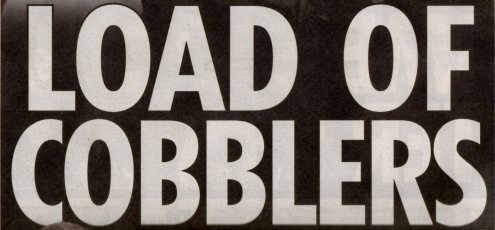- Messages
- 1,538
there is a lot of false information on the world about proper sterilization of medical equipment written in the early 1980s, right when the world started discovering something called AIDS existed, and is still published as being factual.
For example a CDC pamphlet for surgery in the field says a disposable plastic needle and syringe can be resterilized. The pamphlet is from 1986. Read about the CDC recommendation on "sterilizing and reusing needles"? Their take post 1990 is DONT TRY.
In the 1990s there was an aids scare in florida? at a dentists office when around 15 patients came down with aids. It was finally determined it was from the dental tools. Grease inside it was preventing the autoclave system from doing ANYTHING to the aids virus trapped under the grease.
They have subsequently changed the design many times, but no one can say how many old units are in use.
For example a CDC pamphlet for surgery in the field says a disposable plastic needle and syringe can be resterilized. The pamphlet is from 1986. Read about the CDC recommendation on "sterilizing and reusing needles"? Their take post 1990 is DONT TRY.
In the 1990s there was an aids scare in florida? at a dentists office when around 15 patients came down with aids. It was finally determined it was from the dental tools. Grease inside it was preventing the autoclave system from doing ANYTHING to the aids virus trapped under the grease.
They have subsequently changed the design many times, but no one can say how many old units are in use.

